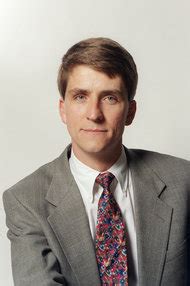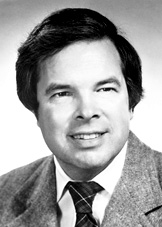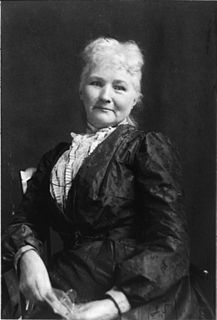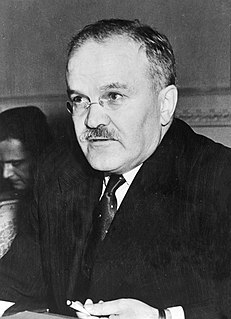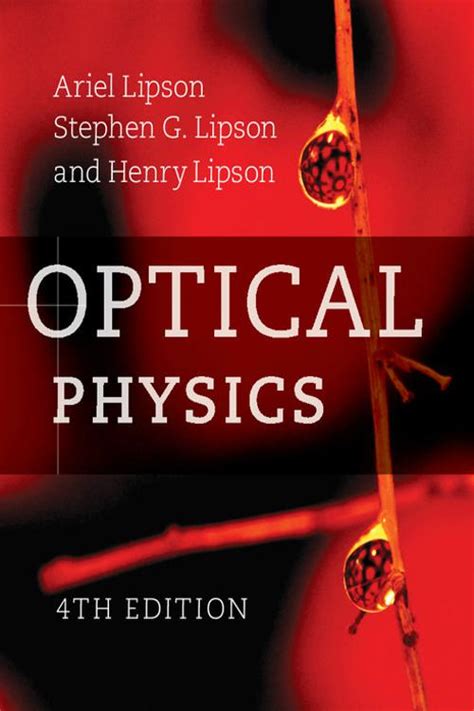A Quote by John F. Kennedy
Perhaps scientists have been the most international of all professions in their outlook... Every time you scientists make a major invention, we politicians have to invent a new institution to cope with it-and almost invariably, these days, it must be an international institution.
Related Quotes
Global warming is a false myth and every serious person and scientist says so. It is not fair to refer to the U.N. panel. IPCC is not a scientific institution: it’s a political body, a sort of non-government organization of green flavor. It’s neither a forum of neutral scientists nor a balanced group of scientists. These people are politicized scientists who arrive there with a one-sided opinion and a one-sided assignment.
In a small Swiss city sits an international organization so obscure and secretive... Control of the institution, the Bank for International Settlements, lies with some of the world's most powerful and least visible men: the heads of 32 central banks, officials able to shift billions of dollars and alter the course of economies at the stroke of a pen.
This is the one international institution we have in which governments get together to work collectively for a common purpose. International crises, by definition, require international solutions. Peacekeeping is a response to conflict, is a response to situations in which often it is not the business of any one particular country to get into. It seems to me, therefore, that the world will for the foreseeable future need peacekeeping.
I don't think any administration, when they come in, thinks that their job is to tell the scientists what the science looks like or to be quiet about the science. Scientists need to remain true and not allow science to be politicized. Scientists are not politicians, and no politician should consider themselves to be a scientist.
Non-cooperative approaches, by contrast, almost always involve duplication of effort, since someone working independently must spend time and skills on problems that already have been encountered and overcome by someone else. A technical hitch, for example, is more likely to be solved quickly and imaginatively if scientists (including scientists from different countries) pool their talents rather than compete against one another.
Your ancestors fought for you to have a share in that institution over there. It's yours. See the school board, and every Friday night hold your meetings there. Have your wives clean it up Saturday morning for the children to enter Monday. Your organization is not a praying institution. It's a fighting institution. It's an educational institution along industrial lines. Pray for the dead and fight like hell for the living!
Our scientists all the more occupy advanced positions in the development of world science. By the example of their successes in the field of atomic energy, our scientists and technicians have vividly shown how much the increased might of the Soviet state and the further growth of its international authority depends on their efforts and practical successes.
Darwin's book, On the Origin of Species, was published in 1859. It is perhaps the most influential book that has ever been published, because it was read by scientist and non- scientist alike, and it aroused violent controversy. Religious people disliked it because it appeared to dispense with God; scientists liked it because it seemed to solve the most important problem in the universe-the existence of living matter. In fact, evolution became in a sense a scientific religion; almost all scientists have accepted it and many are prepared to 'bend' their observations to fit in with it.
Despite the international scientific community's consensus on climate change, a small number of critics continue to deny that climate change exists or that humans are causing it. Widely known as climate change "skeptics" or "deniers," these individuals are generally not climate scientists and do not debate the science with the climate scientists.


